Swagger est un projet open source lancé par une Startup en 2010. L’objectif est de mettre en place un Framework qui va permettre aux développeurs de documenter et de designer des API, tout en maintenant une synchronisation avec le code. Swagger est un framework libre utilisé par bon nombre de développeurs pour la définition et la création des services Restful pour leurs API.
Parallèlement au développement du Framework, une spécification Swagger a été mise en place pour définir le standard à respecter pour designer et documenter son API. Le projet a attiré l’attention de nombreux développeurs, et est devenu la technologie la plus populaire pour designer et décrire les API RESTful.
L’intérêt de l’industrie pour Swagger a poussé des grandes enseignes du numérique à se joindre au développement du projet. Google, IBM ou encore Microsoft ont rejoint SmartBear Software, l’entreprise responsable du développement de la spécification Swagger et les outils associés, pour faire évoluer ce dernier.
En novembre 2015, le projet Swagger Specification a été renommé OpenAPI Specification (OAS) et est passé sous la gouvernance de la fondation Linux. L’OPEN API Initiative a été créé par la fondation pour offrir un cadre de travail aux entreprises participantes. Le projet a été également migré vers un nouveau dépôt sur GitHub. En plus des membres fondateurs (entre autres 3Scale, Apigee, Capital One, Google, IBM, Intuit, Microsoft, PayPal et Restlet), plusieurs autres grandes enseignes technologiques ont rejoint l’initiative, dont Oracle, Adobe, SAP, SalesForce, etc.
La fondation Linux a expliqué que ce projet vise l’élaboration de spécifications standards qui fourniront des métadonnées Restful pour les API.
Selon le GitHub du projet, la spécification OpenAPI définit une description d'interface standard indépendante du langage de programmation pour les API REST, qui permet à la fois aux humains et aux machines de découvrir et comprendre les capacités offertes par un service sans avoir besoin d’accéder à son code, consulter une documentation supplémentaire, ou analyser le trafic réseau.
 Your new post is loading...
Your new post is loading...
 Your new post is loading...
Your new post is loading...




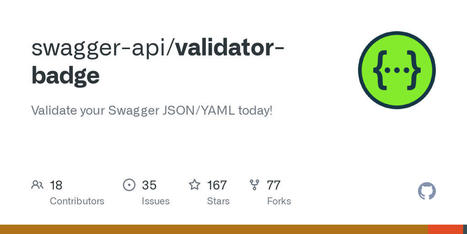

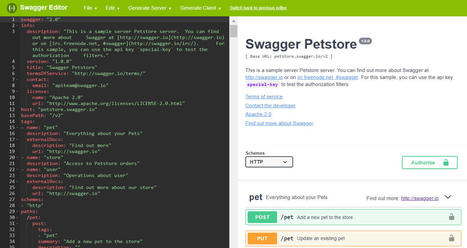
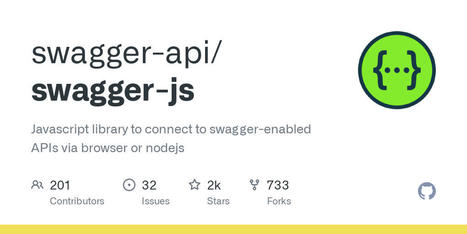
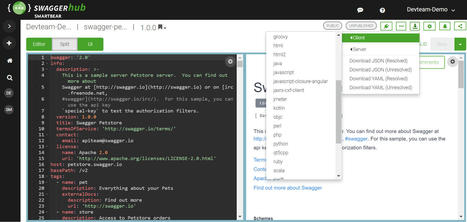
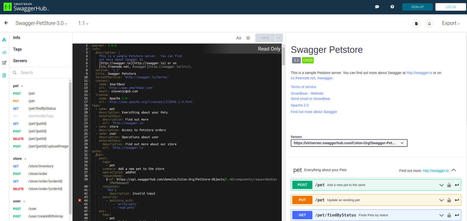
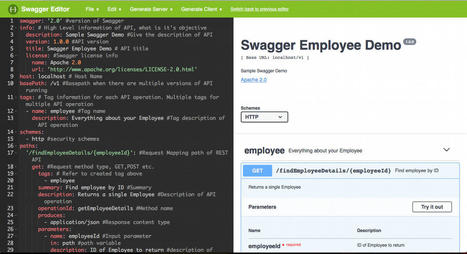






This project shows a "valid swagger" badge on your site, supporting Swagger/OpenAPI 2.0 and OpenAPI 3.0 specifications.
There is an online version hosted on http://validator.swagger.io.
You can validate any OpenAPI specification against the Swagger/OpenAPI 2.0 Schema and OpenAPI 3.0 Schema as follows: